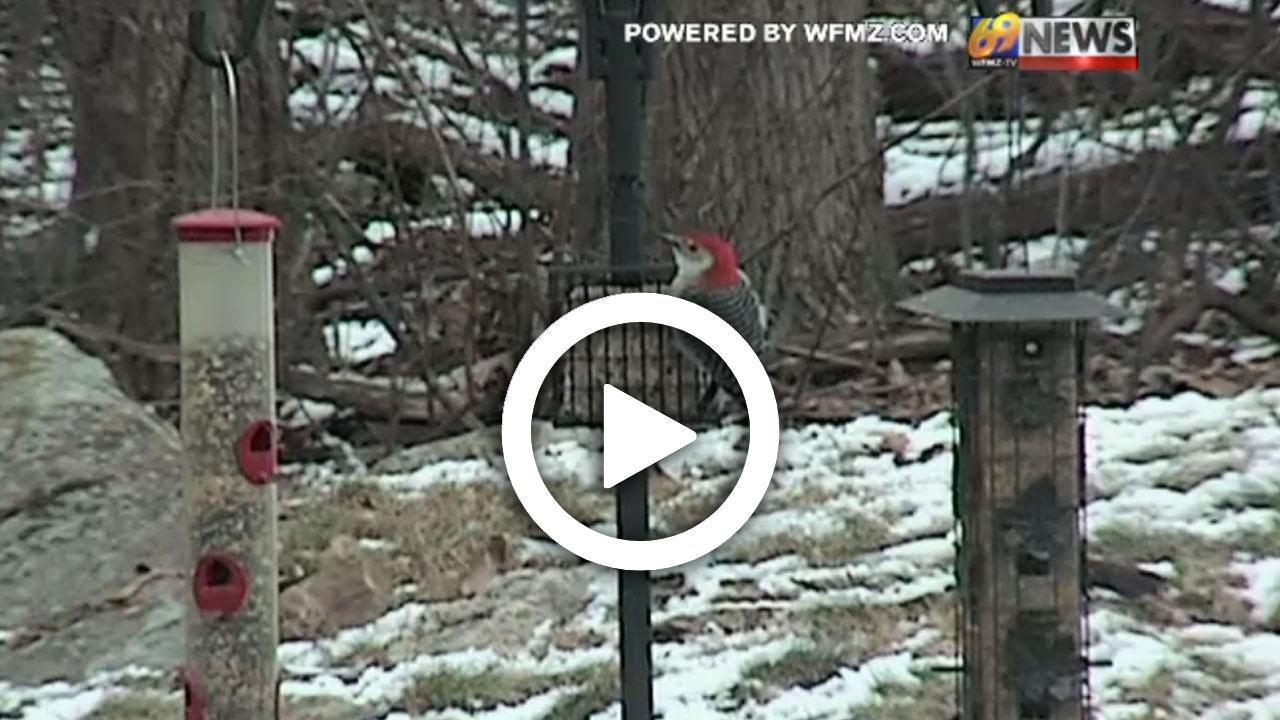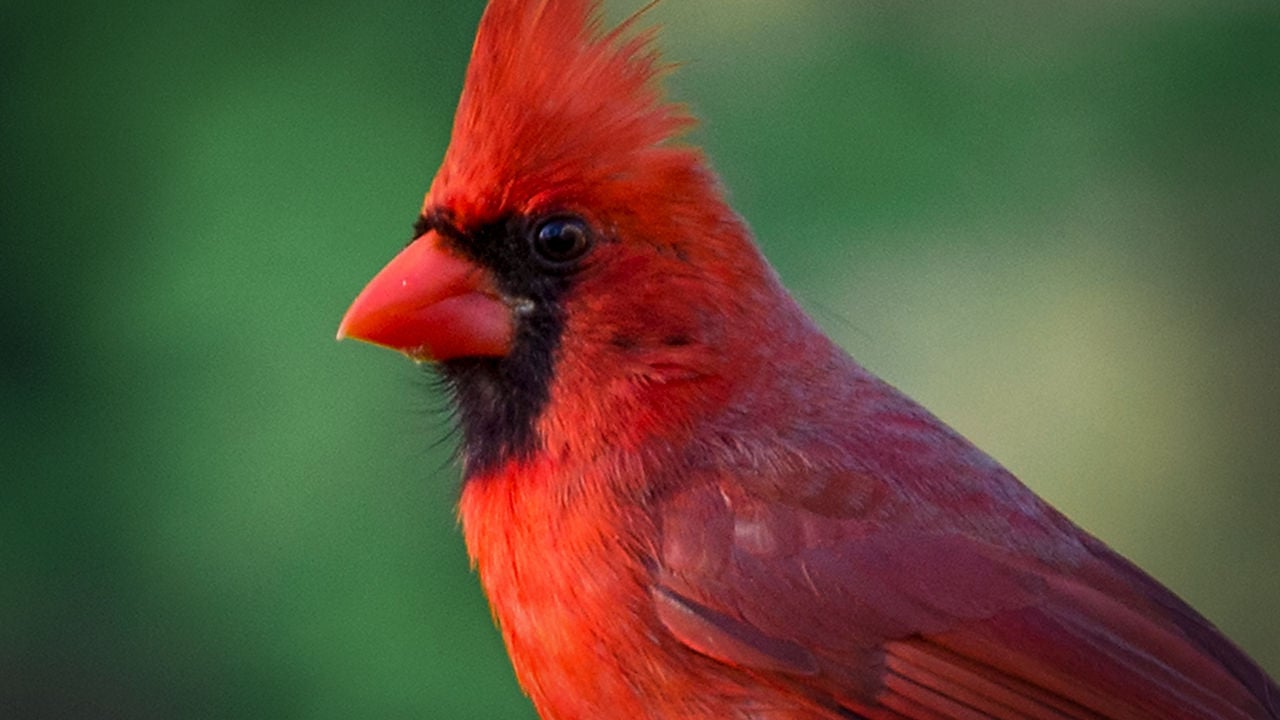NORTH WHITEHALL TWP., Pa. - It's quiet. No visitors, just the animals who live there and their keepers. It's what the Lehigh Valley Zoo is like under quarantine.
Just like the rest of us, those who take care of the animals said they worry about staying healthy, keeping their families healthy and taking care of the animals that depend on them.
The virus has brought a new dynamic to their care. The keepers' faces are obscured by masks. They hope the animals still recognize them.
"We've got our animal care team, the animal keepers, just like they normally would, giving them the care, giving them the enrichment, trying to make their welfare as great as possible," said Matt Provence, the zoo's chief operating officer, "but there's no people, and I think that some of the animals sense that a little bit, but it's strange to have all this going on and no one here to see all these animals."
There's one almost no one has seen. In what can be a dark time, we find a light in the form of a new life.
A few weeks ago, a scimitar-horned oryx calf was born, a healthy male to mother Ducati. It's a pretty big deal, considering they are extinct in the wild. Oryxes are a kind of antelope and may be behind the legend of the unicorn.
Because of the oryx status, conservation scientists are working on reintroduction programs in Africa, specifically in Tunisia, Chad and Niger.
The calf in Lehigh County doesn't have a name yet. You can suggest one on the zoo's social media pages. He's already up and moving.
"They can actually stand up and start walking within probably about 12, 13 hours of being born," Provence said, "and if you think about how long, if you have your kid, a human baby, walking before its one-year birthday, you're like, 'Yeah! We got him on his feet!' But a calf is not only on its feet, but it's running around, and that took place all within a day of being born. Pretty cool."
This week would normally be a busy time at the zoo, celebrating Earth Day, so the zoo put the celebration where you can see it: online.
Every day this week on Facebook at noon, there are ways to interact with keepers, conservationists and learn something new.
"Fortunately, we've had good support from our followers, so we've been able to sustain the welfare of the animals as much as we normally would," Provence said, "and hopefully, this will come to an end and we'll be able to open up the gates."
Until then, pictures will keep us close.






